What Is SEO? Here’s What Modern Business Owners Need to Know!
If you are a young business owner or someone who is interested in online marketing, you will have heard the word “SEO”. The most simple way to explain it is that SEO is the way to get your website on the first page of Google. But if you have no idea what SEO is, you should read on.
So, if you’re a business owner, is it important to know the details? The answer is “yes”! If you know and fully understand how much value SEO provides when it comes to promoting your business, increasing sales, and yielding profits, you’ll soon realise why it’s impossible to ignore.
Before getting into the details of SEO, let’s take a look at the meaning of various terms to familiarise yourself with them before you go on to read the rest of this article.
- Search engine = search tools e.g. Google, Yahoo, Bing
- Ranking = a website’s ranking on the search engine results pages
- Blog = a piece of content written to inform, persuade, or entertain the audience
- Onsite = the information or details shown on a website page e.g. product information,
- service information, company details, etc
- SEO outreach = when articles with embedded links and keywords are sent to other websites for them to share, which direct the reader to the author’s website
- Optimise = management to enhance efficiency
- Keywords = words used to search on search engines
- Search volume = the number of times a specific keyword is entered on a search engine
- Anchor link = a link attached to keywords, often with the purpose of providing information without having to add it to the article itself
- Content = a collective term used to describe text, images, and other elements like blog content, outreach content, etc.
- Backlink = a link to your website that comes from an external site, often embedded in outreach content.
- Organic = marketing actions that do not involve paid advertising
Now let’s get to the crux of this article. We will explain SEO in the simplest way possible so that you can fully understand what it is. If you’re starting a business or thinking about building an online shop, this article covers everything you need to know to carry out effective SEO.
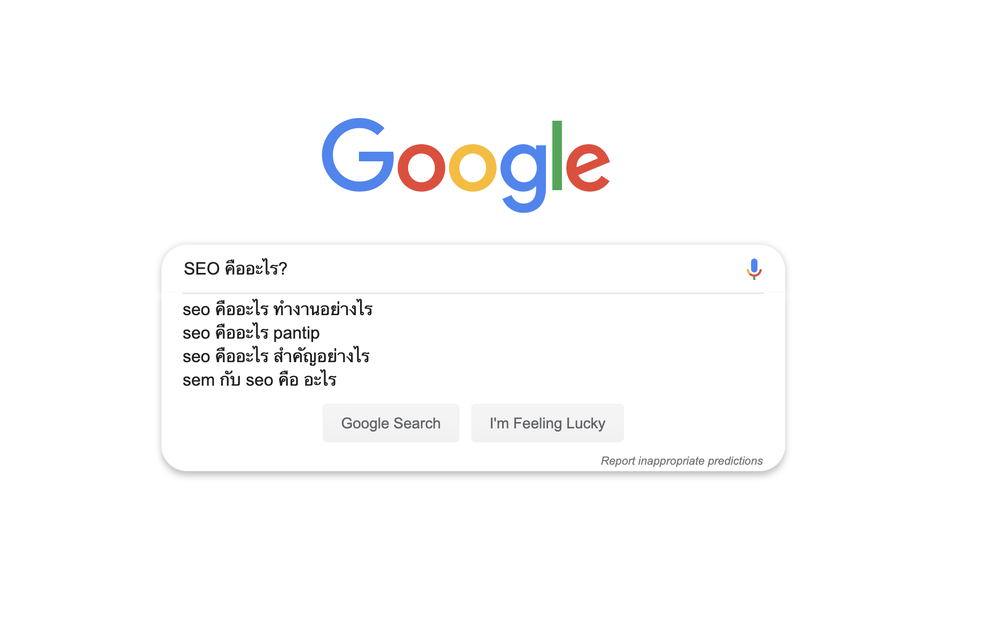
Table of Contents
What Is SEO?
In short, SEO is the process of getting your website on the first results page of search engines. To explain a bit more, SEO or Search Engine Optimisation, is a digital marketing method that can get your website, brand, product, or service featured on Google’s first page when relevant keywords are entered on a search engine. The process of doing this requires several elements including the use of onsite content, outreach, blogs, as well as including keywords and creating backlinks, all of which are the main ingredients for climbing up the rankings organically. SEO requires both time and continuous improvement for long term results.
Since SEO does not involve you having to pay anything to Google, developing and managing the website yourself is necessary, along with updating your content and building a network to optimise your website. This will help Google to see that your website has potential to attract visitors and that it matches users’ needs, which will result in your site climbing up the ranking, hopefully to the first page. Appearing on the first results page is something that every business hopes for.
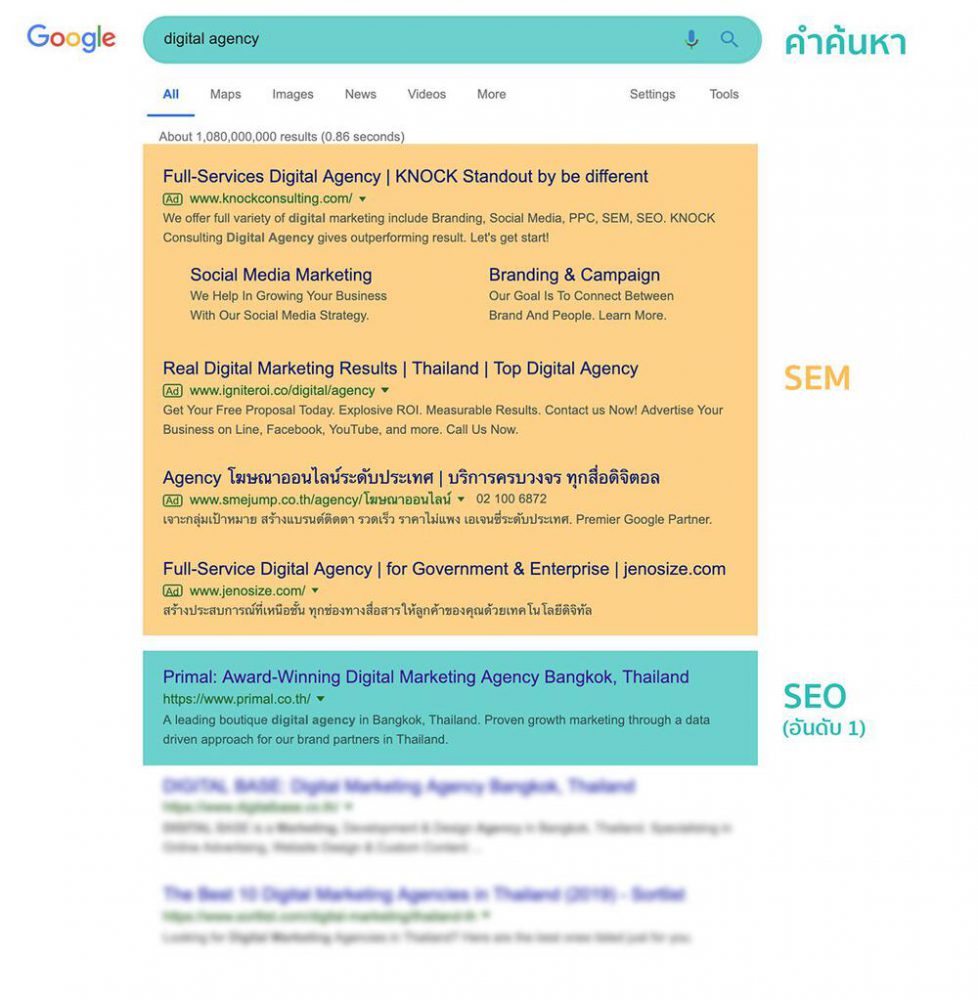
Why is it important to do SEO?
It’s important to do SEO because traffic, for the most part, usually originates from searches through search engines (people rarely enter a website directly). Although social media can also attract visitors to a website, search engines are still the main platforms used by website visitors.
The reason that search engines are important is because they provide very accurate results. Generally visitors to your website will already be interested in searching for information or buying your product or service as they have used appropriate keywords to search for and subsequently access your website. This is different to advertising which may result in people visiting your website simply because you have targeted them.
Of course, if search engines cannot find or even collect data from your website for their database, then you’re likely to miss a great opportunity for people around the world to access your website.
Why do you want to be on the first page of Google?
The competition to appear on the first page of Google is fierce among businesses. From the chart above you can see that the higher the ranking position, the higher the Click Through Rate (CTR), which is the number of clicks you have received, divided by the number of times your website is shown (Impression). This means that if your website gets a poor ranking, you have less chance of people seeing your site in the search results. So, of course, the first page is undeniably the biggest hit.
When is the best time to start SEO?
The best time to do SEO is…when you have nothing at all. What we mean is that it’s best to start SEO before you even have a website.
The reason for this is that it will give you time to prepare your website, so that it is in the best state possible for SEO. Some people start SEO after they’ve launched their website which results in them needing to adjust, fix, or worse still, recreate their website. Hence, starting SEO before you launch your website is the best answer.
Ready to start doing SEO? What now?
Most companies will hire marketing agencies to carry out SEO. However, we want business owners like you to also understand each step so that you can work more easily with the agency you hire. For anyone who is studying SEO or wants to do SEO themselves, these steps are what you need to follow:
1. Make a marketing plan for SEO
Making a marketing plan in advance will help you control your budget. You may need to do this step with the agency you’ve hired so that they can propose guidelines and budget management. They will know how much budget you need for SEO, their service fee, how many months it will take, and if there are other extra expenses. If you do not plan for these elements ahead of time, your budget may escalate. You should also speak to your agency about which services you will receive too, like whether or not you will get a monthly SEO report, how many times you can change your keywords, who will determine your keywords, and so on.
2. Determine the keywords you want to use
If your business is new and you do not have any information yet then you can start by researching keywords. If you want to do it yourself there are various search tools you can use, as shown below, but if you want to use all of their features then you may need to pay a fee for some of them. In general, the optimised keywords you select should have a good monthly search volume, and be related to your business.
Google Keyword Planner
This is a tool that Google has designed to help you with keyword research and analysing how effective each keyword is. The main purpose of this tool is to help Google Ads creators plan their ads, but it can also be used to see the statistics on each keyword.
Uber Suggest
This tool is for you to type in the keywords you are interested in (they should be related to your business or products), look at the search volumes, and pick 3-5 words from the results. Next, you can consult your SEO team about how to use those keywords effectively.
Ahrefs
This is another tool for keyword research that most agencies use. Using Ahrefs you can check which websites link back to the target site that you plan to link to. This allows you to analyse the competition and then adjust your strategy of where and when to put backlinks. You can also compare your backlinks with those of your competitors so that you don’t waste your time trying to replicate them.
3.Customise your website
If you’ve not had a website before then you’re at an advantage as you can create one that exactly matches Google’s SEO requirements. On the other hand, if you have a website that has not been updated for years then it’s time to adjust your website to support SEO.
For a website to get a score from Google it must have content embedded with keywords scattered across the website (here is where you will use the keywords you chose in the previous step). One thing websites with a good SEO score all have in common is that they have good “onsite”. It may only need to be done once if there are no changes to the keywords. Another necessary element is backlinks. They need to be put on your website (to be linked between pages) and on the other sites that redirect back to your website.
Tip: For your onsite to remain effective, you should check your keywords and links every 6 -12 months to ensure they are not broken.
Therefore, every page of your website should contain textual information that includes the keywords you specify because Google will read your website from these texts. However, do not use too many keywords because Google might detect your site as spam.
The most popular way to update your website is to create longform content based on interesting topics, and to include your keywords. These articles will support your SEO efforts greatly.
4. Send your content to other websites
This method is called Outreach. This kind of content, aside from having embedded keywords, also has backlinks for readers to click and access your website.
Tip: Many of you will be wondering if you need to create both blogs and outreach content. The answer is that you should. The difference between the two is that blogs will live on your website, sometimes with links to other pages in order to create effective connections on the web. On the other hand, Outreach is content you send to other websites with embedded backlinks to navigate the readers back to your website. For Google, effective websites must be accessible from various channels. The more links your site receives, the higher your SEO score will be.
5. Analyse and improve your website
SEO cannot be done and then ignored. At least once a week you should check the ranking of your keywords and your website to see which keywords are currently on the first results page. You can then focus on the keywords rising up the ranking by sending outreach content to other sites.
It’s worth bearing in mind that if your keywords are too broad, your SEO may be slow or not effective at all. Therefore, in some cases, you may need to modify your keywords (but not too often, as changing them means you have to start at the beginning again).
Example: You are selling a used Honda car.
In this case, keywords like “sell car” may be too broad for your business. You may consider other words such as “sell Honda car”, “sell second-hand car”, “Honda second-hand”, etc. But before determining your keywords you should conduct keyword research using the tools mentioned above in step 2.
6. Let social media help your SEO
Many people don’t know that social media can actually help with SEO as well. It is useful for sharing content like outreach or blogs embedded with your keywords and backlinks. When your content gets shared and read by many people your SEO score will gradually increase accordingly.
What kind of content is best for SEO?
Any content that is interesting to read, shareable, and free from keyword stuffing, is considered to be good. But what kind of content is the best? The answer is Evergreen Content because that is the type of content that people tend to click to read, no matter how much time has passed since it was created. Additionally, informative content that answers readers’ questions will also help improve your ranking.
Why should you invest in SEO?
Imagine this, if you run an elegant-looking shop but don’t have any customers walking in, how will your business survive? The same goes for making a website. It does no good to a business to have a beautiful, easy-to-use website, if you don’t have any customers.
Doing SEO is like promoting your website to the general public, telling them that your business exists, and of course increasing your chances of making a sale. According to mr-seo.com, 93% of all purchase decisions come from online searching. Therefore, you should not overlook the importance of getting your online shop or website ready.
SEO is not complicated, every step is set according to Google’s rules. Yet it’s important to remember that it is not enough to do it just once. You need to regularly monitor and improve the quality of your SEO. If you neglect it, even for a short period of time, your competitors’ websites may have already ranked ahead of you. Always keep in mind that it is not only your business doing SEO. So, as you can see, SEO is essential for a business to survive in this day and age.
What should you avoid when it comes to SEO?
1. Using the same content over and over again
It is true that a good website should have some text content on each page (with keywords embedded). However, at times, a website creator or owner may accidentally copy the same content, reusing it on other pages throughout the website.
You may think that this would be good for your website because you have a lot of content and Google will like it. In fact, it is the other way round. Doing SEO by reusing content will only negatively affect your ranking as it directly impacts the quality of the content on your website. Good content should only be used once.
Therefore, even if each page on your website has the same product or service, we recommend that you write content specifically for each page. You might simply adjust the wording of your content so that readers will find it useful when they visit your site.
Warning! Copying other people’s content is strictly prohibited. Not only does it negatively affect your SEO, but you may also be prosecuted under copyright laws. If it is truly interesting information you need to use, you should rewrite it in your own words instead, and then reference the source.
2. Writing content for the sake of it
Some think that SEO is about having a lot of content; the more, the better. So they keep making content with keywords embedded without considering the reader (too many keywords are not good). If you think Google will like this, you are wrong. The consequence when your website is full of confusing and uninteresting content is that readers will enter your site and then leave very soon. This will cause a high bounce rate which could cause your ranking on Google to fall.
3. Only caring about the quantity of backlinks and not the quality
Having a high number of backlinks is not an issue, but problems can arise with the quality of the links you receive. It is true that lots of backlinks may help you rise up the ranks quickly in the beginning, but SEO is not done in just one or two days, it has to be optimised continuously.
In the long run, having a number of low quality backlinks is harmful to your website. Moreover, Google may detect your site as spam and give you a Google penalty. Therefore, please bear in mind that the quality of backlinks is always more important than the quantity.
4. Adding irrelevant internal links
Good SEO is about having the right amount of inbound and outbound links. Internal links are used to direct readers of your article to more information. However, you should be careful not to include links that contain irrelevant information because they will impact the quality of your website as well as your Google ranking.
5. Creating excessive advertisements
Picture this, you are reading some content of interest when an ad pops up and disrupts your reading. You’re likely to feel irritated and may even want to leave the site right away.
Of course you do not want your website visitors to feel that way. Therefore, if you want to earn money with Google Display Network (GDN), or other forms of advertising on your website, you should tell your website designer to put the advertisements in an appropriate position which should not allow ads to pop up and distract readers too much. The ads can be positioned as a side bar, or if it has to be in between the content, it should allow readers to read for a while before the ads appear.
As for pop up ads, they should not pop up all the time, only when visitors enter the page. Effective SEO is all about keeping visitors on your website for as long as possible.


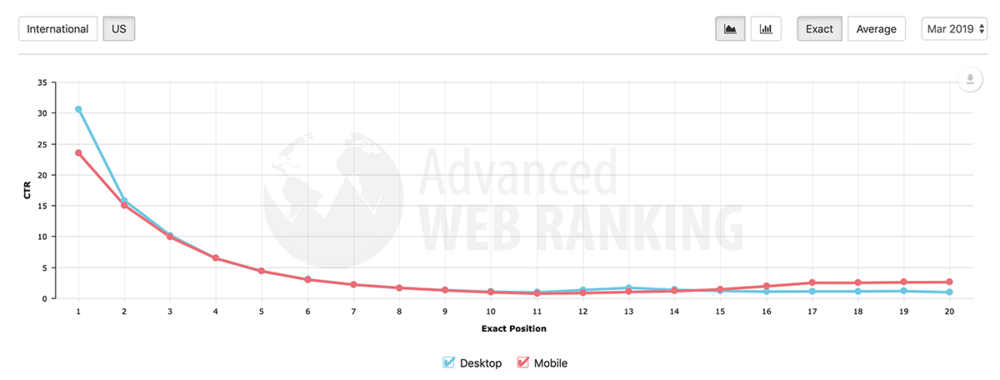


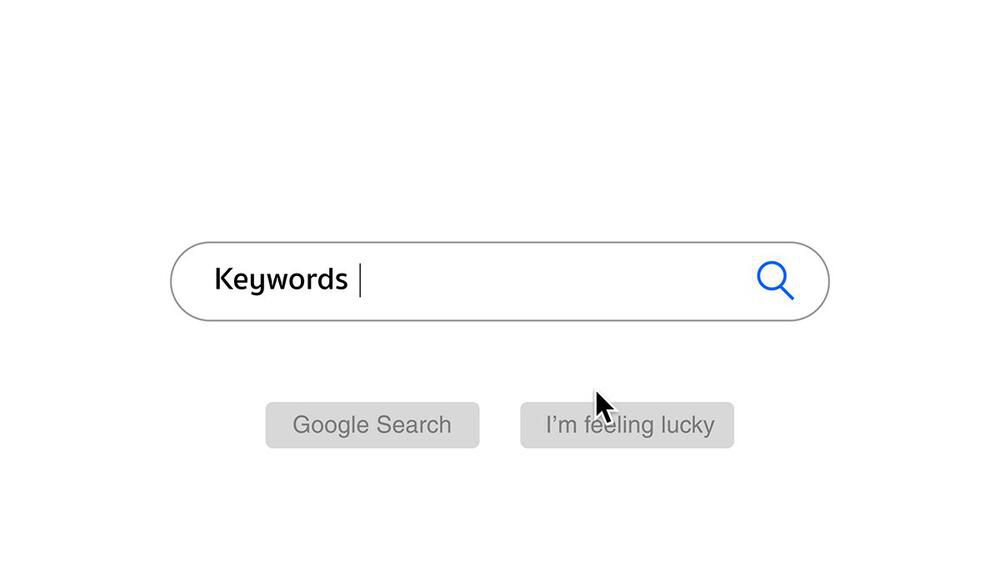
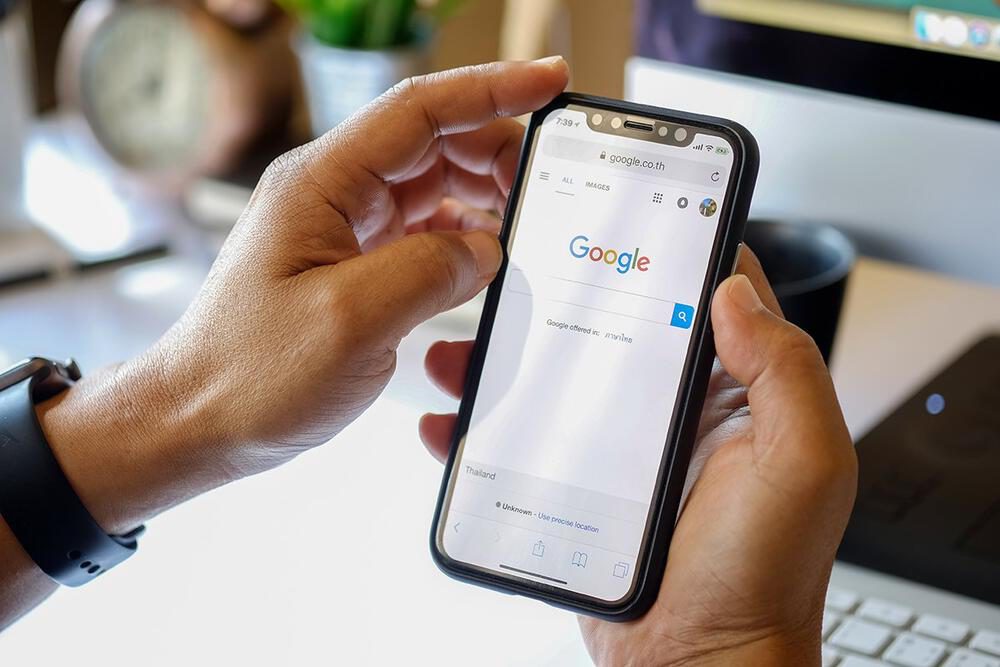














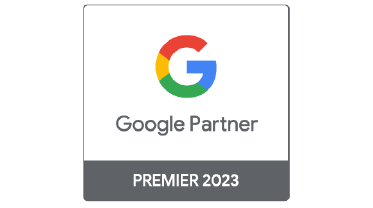

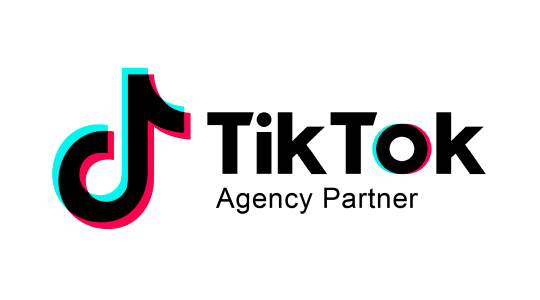

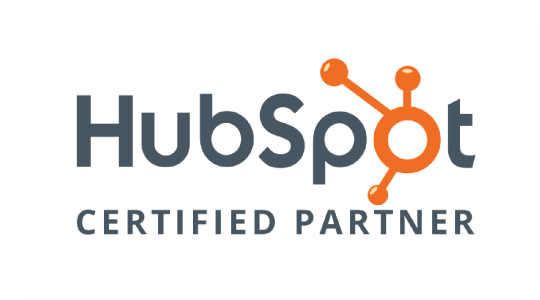


Join the discussion - 0 Comment